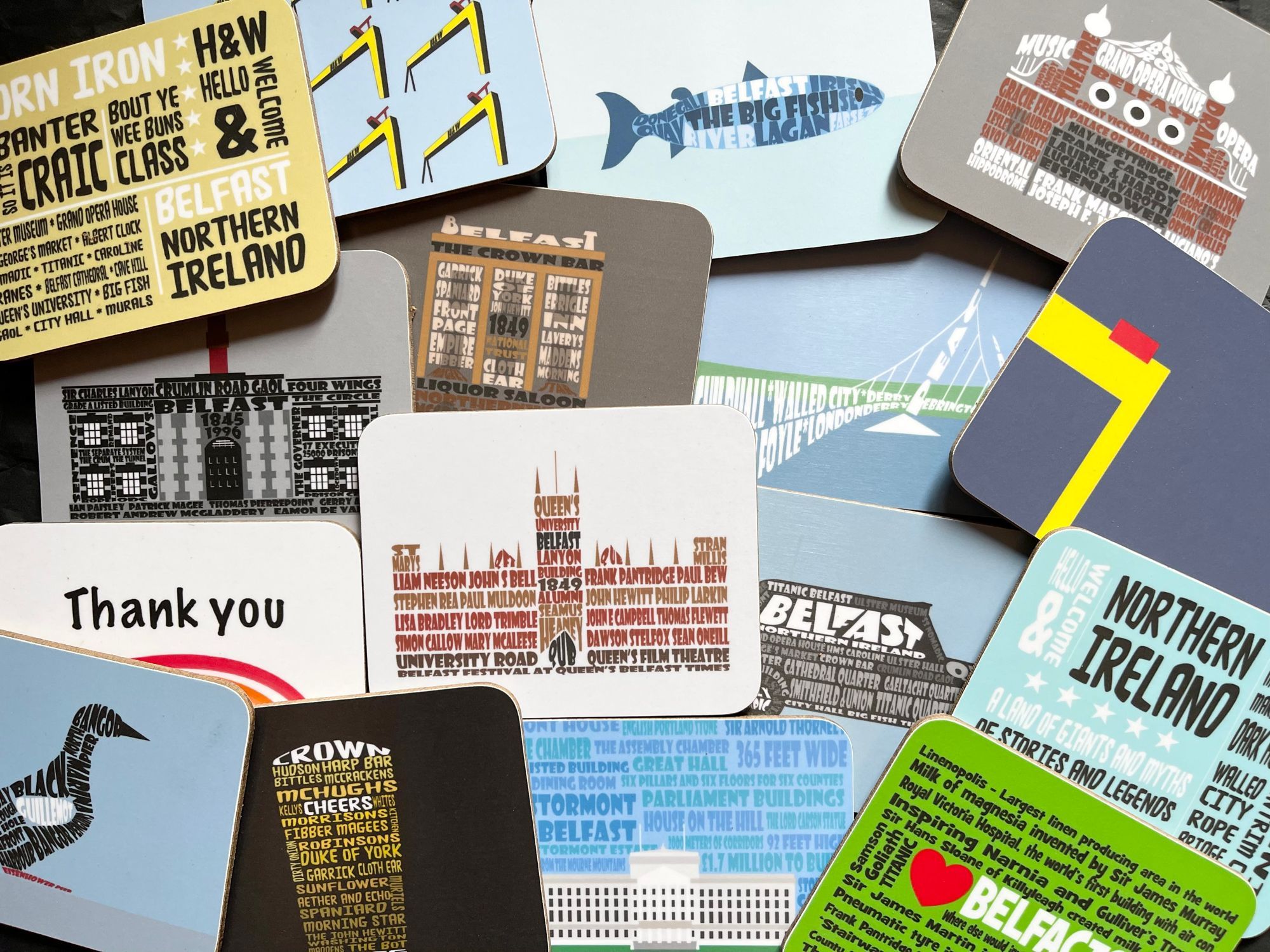With fuel hikes and mounting food bills we are all having to tighten our budgets a bit more than usual at the minute, but this does not have to compromise your nutrition.
With a little bit of planning and a few subtle tweaks, it is possible to have eat a really healthy diet for less.
Here are 20 hot tips to help save you some pennies and pack more nutrition into your diet.
1. Pack in the pulses. Peas, beans and lentils are a great source of fibre and protein, helping us to feel fuller for longer, so we are less likely to get peckish between meals. Try adding a can of chickpeas to your favourite curry recipe, bulking out your Bolognese with puy lentils, or mixing up quick and tasty bean salad using a can of mixed pulses with some scallions, herbs, and a few sun-dried tomatoes with some olive oil and balsamic vinegar.
2. Make your meat go further. The protein on our plate is often the most expensive part, so choose cheaper cuts and cook for longer using your favourite slow cooker recipes, or in curries, summer stews and chilli. Add in those pulses to make your meat go a little further.
3. Freeze your leftovers. Don't throw food out. If you make more than you need, pop the extras in a carton and freeze for another day's lunch or dinner.
4. Have a plan. Rather than shopping on a whim, work out what you are going to eat before you hit the shops. A menu plan will mean you are less likely to waste money on food you are not going to use and will help you stick to your food budget.
5. And don't forget to plan for lunches too. Whether you are working from home or out of the house all day, making a packed lunch will save you packets. Salads, leftovers, omelettes or mini egg muffins, filled wholemeal pitta pockets and soups make nutritious and tasty lunches.
6. Make a shopping list. Use your menu planner to make your list, so you don't end up buying stuff you are not going to eat.
7. Shop online. That way you won't be tempted to buy more than you need.
8. Eat what is in season. Right now you'll find glut of courgettes, budget-friendly plums and apples on sale.
9. Only buy what you need, especially perishables like fruit and veg. It can be worth visiting your local fruit and veg shop where it is easier and cheaper to buy just what you need.
10. Don't shop when you are hungry.
11. Look at the price per 100g so you are comparing like with like, rather than looking at the price per unit.
12. Buy whole foods - a block of cheese rather than grated cheese, porridge oats rather than granola. The less processed a food is, the less it will cost - and it is often a healthier choice too.
13. Shop for own brands. You are getting the same food, without the marketing and advertising budget, so it is likely to work out more cost effective.
14. Pack more vegetables into your recipes.
15. Use some frozen fruit and veg. They are often better value than fresh stuff, are packed with as many (if not more) nutrients, and there's no food waste.
16. Cook from scratch. Find some new recipes that inspire you to cook, so you are less likely to eat out, get a takeaway or eat processed ready meals.
17. What's on offer? If there is a special offer on food you always buy, then that is good value. If it is something that will end up at the back of the cupboard, leave it in the supermarket for someone else.
18. Use your slow cooker or pressure cooker.
19. Grow something.
20. Don't buy food that you don't like.




2 comments
Fab advice as always Jane xx
Fab advice as always Jane xx